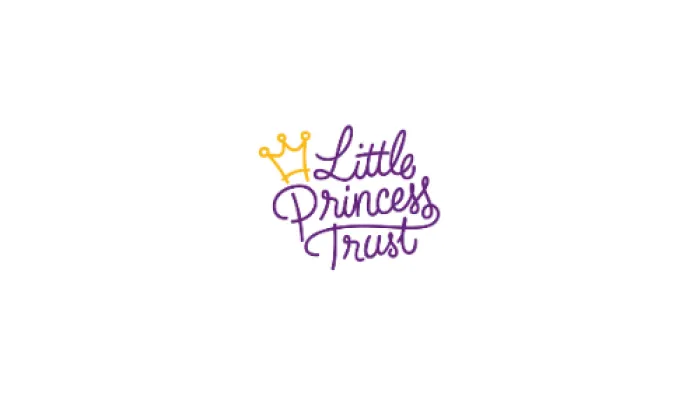Funded by the Little Princess Trust and administered by CCLG
Lead investigator: Professor John Anderson, University College London Great Ormond Street Institute of Child Health
Award: £71,317.83
Awarded July 2025
The challenge
CAR T-cell therapy is one of the most promising new treatments for cancer. It involves collecting a patient’s own immune cells (T cells), modifying them in a lab to recognise cancer, and then reintroducing them into the body. This treatment has been successful in treating blood cancers, but its success in treating solid tumours has been limited.
One of the biggest hurdles is T-cell exhaustion. In solid tumours, CAR T cells often become overactivated and exhausted. Once exhausted, these cells can no longer kill cancer effectively. Overcoming this exhaustion is critical to making CAR T-cell therapy work for more children with cancer.
The project
Professor John Anderson’s team at University College London Great Ormond Street Institute of Child Health have already developed a unique ’OFF-switch‘ CAR T-cell treatment. This allows doctors to temporarily pause CAR T-cell activity using a type of well-established cancer drugs called IMiDs. By giving the cells time to rest, this approach improves CAR T-cell survival, prevents exhaustion, and enhances their cancer-fighting ability. This technology is already moving into early-stage clinical trials for children with brain and solid tumours.
In this project, Professor Anderson’s team aim to develop a second OFF-switch CAR-T cell, controlled by rapamycin-like drugs. By using two CAR-T cells controlled by different drugs, a new treatment could:
- Alternate between the two drugs, keeping half the CAR-T cells active while the other half rests and recovers.
- Prevent CAR-T cells from becoming exhausted, allowing them to continuously fight cancer.
- Improve long-term treatment success and tumour control.
The impact
As both IMiDs and rapamycin-like drugs are already used safely in children with cancer, this treatment strategy could be rapidly taken forward into clinical trials. Prof Anderson’s research has the potential to transform CAR T-cell therapy for children with solid tumours, making it more durable, adaptable, and effective.

The Little Princess Trust
This project was funded by The Little Princess Trust. They fund research projects in partnership with CCLG, combining CCLG's research funding and grant management expertise with The Little Princess Trust's fantastic fundraising to support world-class scientific research.

